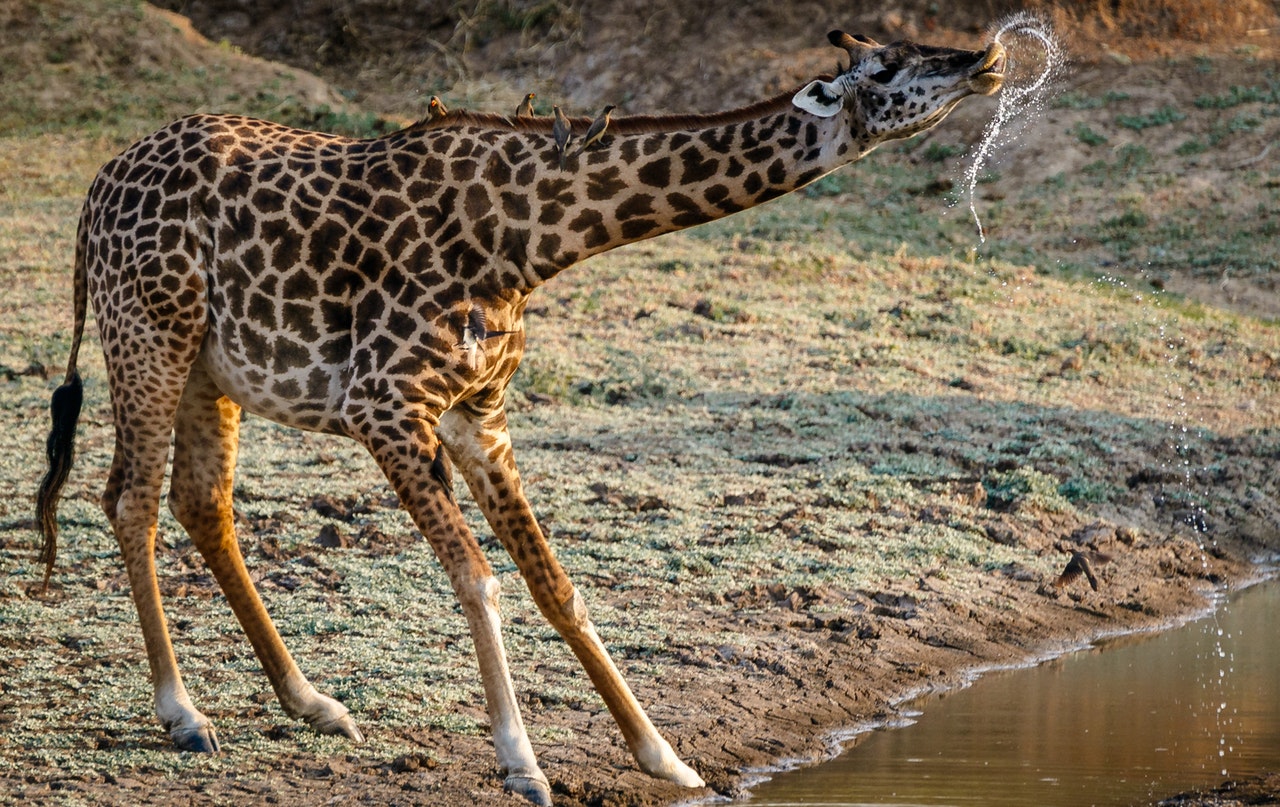Countries around the globe are taking notice of the impact of social media on the fabric of society itself and some responses have been less than heartening.
After all, cited as the impetus for the Arab Spring to the reason Donald Trump won the presidency in the United States, social media platforms like Facebook and Twitter give people the ability to access an audience of like-minded people on a scale previously unimaginable in human history.

And all of that has come with increased scrutiny of these companies, their practices, and how exactly their technology works.
Of course, we all hope for the best and many of us trust in these platforms to be good stewards of their data, but some countries are taking a heavy-handed approach to curtailing the influence of social media and their motivations are just as murky.
Zambia is the latest country to join the social media regulation bandwagon in an effort to stop “Incidents of impersonations, people being insulted, abused, falsely accused or defrauded on social media platforms,” according to Communication Minister Brian Mushimba. As Resource Magazine points out, other stories about Zambia’s proposed regulations also seek to curb pornographic content as well.
Unlike fellow African nations Uganda, which has imposed a tax on social media, and Tanzania, which licenses bloggers at $USD 900 a year, Zambia instead wants to create a “responsible” population of social media users and will mainly prosecute cases of impersonation and fraud.
However, Mushimba’s couching the law’s language in the pursuit of morality has some people worried about the ultimate scope of the law: “It is evident that social media in Zambia has become a catalyst for the detachment of members of the Zambian society from our cultural norms. Prior to the proliferation of social media, people in Zambia behaved and communicated within acceptable and expected cultural boundaries.”
So what for photographers – of course, the issue is the state defining what is responsible and moral and what isn't. It is uncertain how this will apply to art forms such as photography – and with many nations desiring to curb or put limits on social media expression, photographers looking to comment on society or show their governments or communities in an unflattering light may come up against these laws.
Are laws curtailing social media the thin edge of the wedge? We'd love to know your thoughts in the comments.




